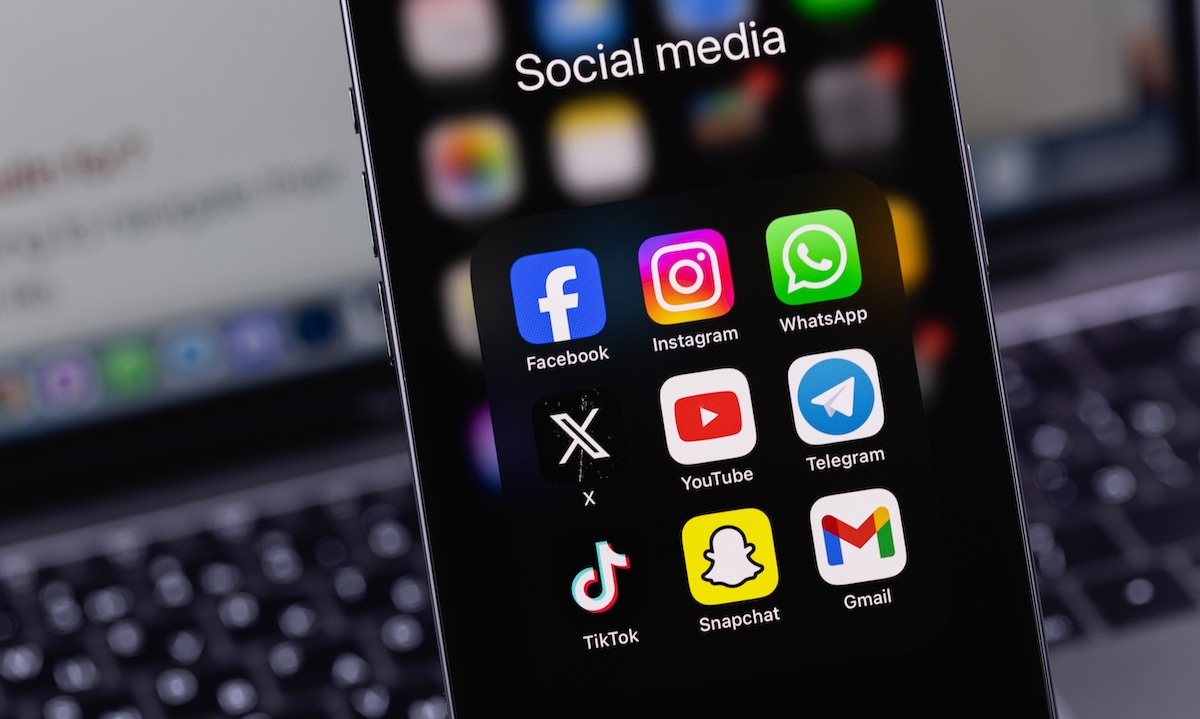Generative artificial intelligence tools have reportedly lowered the cost and increased the frequency of bot network attacks targeting corporations on social media.
While the deployments of bot networks on social media were previously made primarily by fraudsters and state-based actors, they have become more common over the past year or two due to the capabilities of gen AI, The Wall Street Journal (WSJ) reported Friday (Sept. 26).
The report pointed to “culture wars” attacks on social media, such as those that followed Cracker Barrel’s change to its logo and Amazon’s and McDonald’s changes to their diversity, equity and inclusion policies.
Bot networks magnified posts aimed at Amazon and McDonald’s and authored about half of the posts on social platform X that called for a boycott of Cracker Barrel, according to the report.
These networks boost social media posts by liking, replying to and sharing them, and create posts of their own, the report said.
Companies specializing in detecting the activities of bot networks do so by spotting things like duplicate messages that are posted by multiple accounts, accounts that post around the clock, and avatars that are generated by AI, per the report.
Advertisement: Scroll to Continue
While brands may not be able to stop these attacks on social media, they can benefit by learning that the attacks are being driven in part by bot networks, according to the report.
With this knowledge, brands can avoid engaging bots’ posts, can realize that some of the complaints are not coming from humans, and can be aware that the decisions they make may be targeted by bots on social media, the report said.
PYMNTS reported in June that by 2030, 90% of internet traffic is expected to be generated by bots and that this shift will likely demand new identity paradigms.
Persona CEO and co-founder Rick Song told PYMNTS that in the age of agentic AI, the distinction between malicious bots and benign ones is becoming more difficult and crucial to determine.
“It’s about whether the host site wants that AI bot to get access,” Song said.
Social media platforms have been trying for years to eradicate the fake accounts used by operators of bots but have found it harder to detect sham accounts because of continuous changes made by fraudsters.
